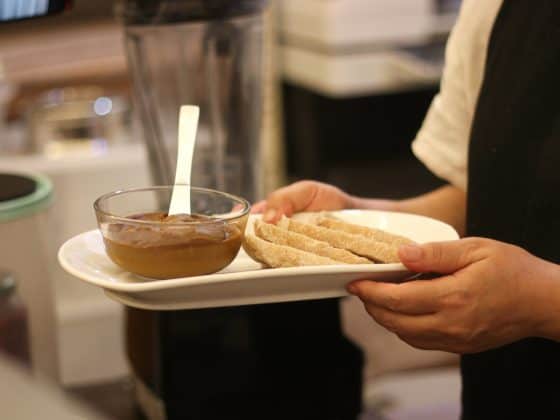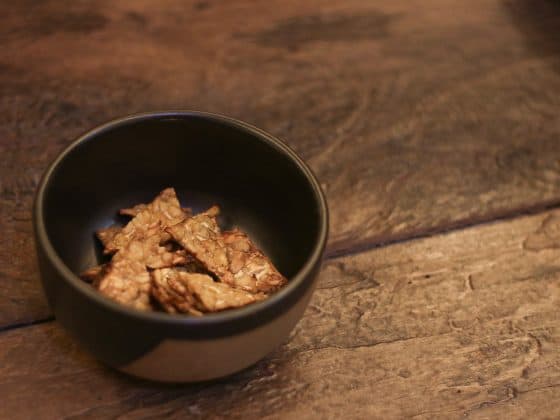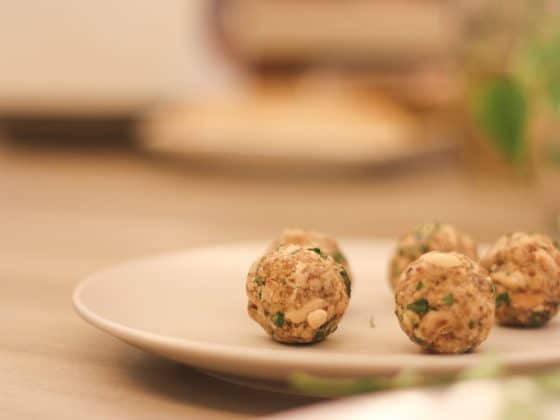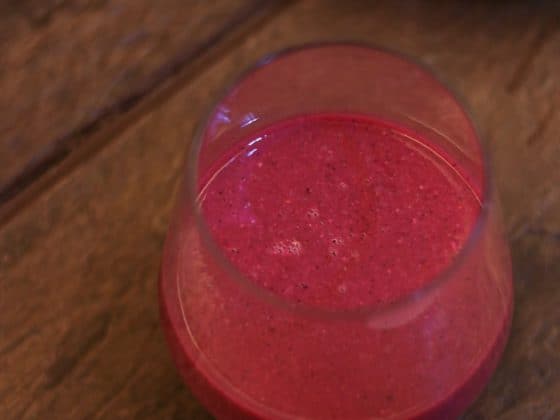Breastfeeding is extremely challenging, especially for the first 6 months of your baby’s life.
And it’s not just about the volume of breast milk! As your little one grows up, their nutritional needs will also change.
This means that volume is important, but so is ensuring your breast milk is enriched with the right nutrients essential to a healthy child.
And yes, that means taking care of yourself, mum!
So here are some tips to ensure that your little one gets the most nutritious breast milk from you:
Diet and Nutrition
It goes without saying, what you eat & use goes into your breast milk.
A diverse range of nutrients in your diet means a diverse range of nutrients for your baby too. Eating different foods while breastfeeding might help you avoid a picky eater later on! This is because the flavor of breast milk changes according to your diet and by exposing your baby to different tastes, this will encourage them to be open about trying new foods down the line!
So what nutrients should mums look for when breastfeeding?
Carbohydrates:
Carbohydrates provide calories to both you and your baby. The calories needed for breastfeeding varies depending on how often you decide to breastfeed and lactate. Generally, daily calories needed during lactation usually increase by 500 calories.
And don’t forget, the type of carbs are also important!
Unrefined carbohydrates (veggies, quinoa) are better compared to refined carbs (sugary drinks, white bread) because they have less added sugars, more vitamins and more dietary fiber.
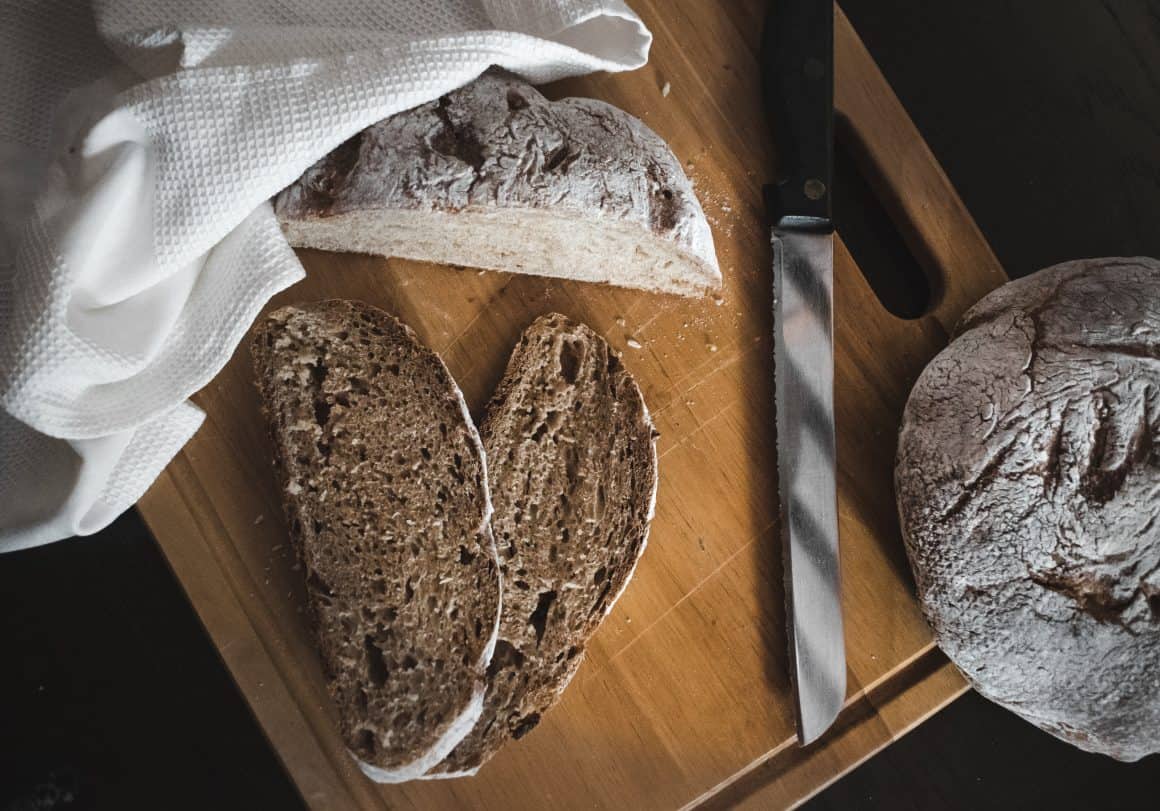
Other examples of unrefined carbs include:
- Organic wholegrains (brown rice, oatmeal, buckwheat, etc)
- Root plants (butternut squash, sweet potatoes)
Protein:
Breast milk is very rich in protein. Mothers should choose high protein foods to replenish the protein used in breast milk.
You may also consider taking protein powder (i.e. sprouted whole brown rice powder) which is easily digested and absorbed. Bonus: it can help you lose some weight and kilos too!
High-protein-foods:
- Brown rice
- Tofu
- Chickpeas
- Edamame
- Lentils
- Nutritional yeast
- Ezyprotein organic vegan protein powder
Fat:
Fat may sound bad, but wait, it’s not that simple!
Fat takes up a large proportion of our brain, and healthy fats such as omega-3 fatty acids are crucial for proper development of your baby’s brain, vision and learning, not to mention their heart!
Sources of healthy Omega-3 Fatty Acids:
- Avocado
- Raw nuts and seeds (walnuts)
- Raw seeds (chia seeds, pumpkin seeds, flaxseed)
And if you’re looking for an extra boost for your child’s immune support:
- Organic raw cold-pressed flaxseed oil
- Coconut oil
- Chlorella powder
Fruits and vegetables:
Almost all organic fruits and vegetables are rich in vitamins, enzymes and antioxidants, so there’s no need to be picky with them! Choose some familiar organic lettuce or cabbage with or try out something new and exciting like peppers or pumpkin!
Fermented foods
Fermented organic wholefoods can help supplement your gut with pre and probiotics, which then supports healthy microorganisms. This contributes to a strong digestive and immune system for both mother and baby!
Gut-friendly fermented foods:
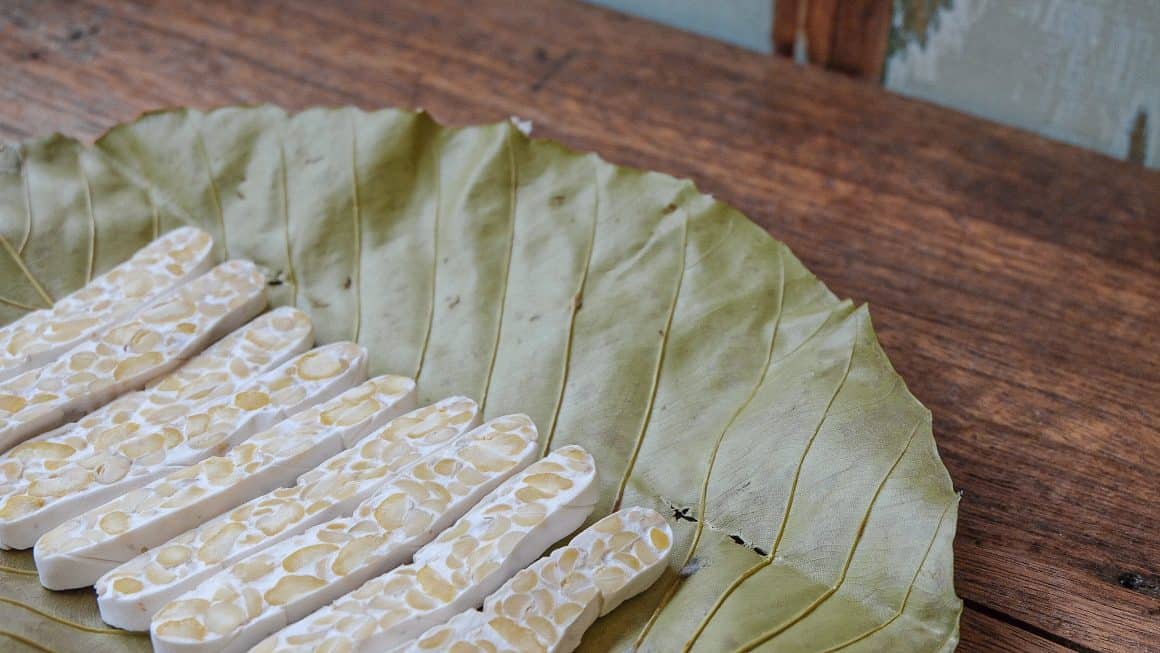
- Tempeh
- Miso
- Kimchi
- Sauerkraut
- Sourdough
- Kombucha
Calcium:
A very common problem for pregnant and breastfeeding mums is loss of bone density. Therefore, you should pay more attention to your intake of calcium, magnesium and vitamin D, which can help support bone strength.
And yes, it’ll help with your baby’s bone growth and strength as well!
High calcium foods:
- Sea mineral
- Almond powder
- Soy milk
- Black sesame
- Seaweed
- Natural calcium powder supplement
Iron:
Mums have it rough when it comes to iron, since they lose a lot of it with childbirth and breastfeeding. So make sure to have sufficient iron supplementation to replenish it all!
Iron-filled foods which encourage blood production:
- Dried fruits
- Raisins
- Apricots
- Spinach, Broccoli
- Red grapes, etc.
If you’re looking to increase iron absorption in your blood, go for foods high in vitamin C, such as Voelkel organic pure acerola juice and Naturvital Florian Red Grape and Pomegranate (Iron Fit).
You might also want to look for organic herbal drinks or traditional chinese medicines such as Dang Gui (当归) and Huang Qi (黄芪), which replenishes blood and “qi” for good vitality.
Water
Breast milk is well, liquid, so fluid replenishment is particularly important. If you always feel thirsty after breastfeeding, it may be due to dehydration. Always keep a bottle of water nearby!
Alternatives:
- Soups
- Fenugreek water
- Fennel water
Another good choice is organic raspberry leaves tea, which not only promotes milk secretion, but also promotes a healthy digestive system for mother and baby.
Quality sleep

Adequate sleep helps promote healthier internal hormone flow and more lactation. Proper rest also helps ground a new mother’s spirit and foster calmness. So make sure to get those 8-10 hours of sleep daily!
Diffusing fine lavender at night can help to improve sleep. It is advisable to turn off the diffuser when mother and baby are in the room as premature babies are more sensitive to essential oil.
Breast massaging
Sometimes a simple massage around your breasts is all you need to stimulate milk production.
However, if you need a little help, dill essential oil can also help to induce breast milk. Just blend a 2% solution and use it as a massage oil. Make sure to wipe your nipple before letting the baby breastfeed!
Stay away from pollution
A baby is the one of the most precious treasures to a mother. But they are also just as fragile.
In this world filled with synthetic preservatives, food colouring and microplastics, being a vigilant mother has never been more necessary and exhausting.
This is especially important for breastfeeding mums because in infants, the barrier between the bloodstream and brain is not yet fully formed. Pollutants could easily enter their body through breast milk and make its way to their brain, inflaming it. This will affect a child’s cognitive and intellectual development.
But don’t worry, here are some tips to at least minimize the impact these pollutants have on your breast milk and your baby:
- Do not smoke, drink alcohol or expose yourself to synthetic chemicals or newly renovated rooms.
- Avoid synthetic chemicals as these chemicals are fat soluble which can land and dissolve into breast milk, potentially harming your baby. Such chemicals include:
- Pesticide-contaminated vegetables and fruits
- Synthetic detergents
- Hair dyes
- Skin care products
- Cosmetics
- Avoid GMOs and foods with artificial colours and flavours. Go for organic whole foods.
- Ensure rooms with mum and child are well-ventilated. Clean air is good for the brain and healthy indoor air quality will help your baby’s lungs develop.
Stress management
Being a mom for the first time and the pressure to do the best for your child can be highly stressful. Unfortunately, high stress levels can hinder lactation as well.
To keep those nasty stress levels down, you could do the following:
- Adopt relaxation techniques like meditation, yoga and deep breathing exercises
- Take up a calming hobby like gardening or listening to soothing music
- Get involved with physical activities such as a sport or a dancing/fitness class
- Remind yourself to let go of things in life that are out of your control
- Have a chat with family and friends. Or just share a moment! You’re never alone.
What you eat and how you live will impact the volume and quality of your breast milk.
So educating yourself and taking mindful decisions while breastfeeding is already a huge leap towards raising a happy and healthy child!
I hope you and all moms have a smooth and happy breastfeeding journey!
Medical Disclaimer:
The contents in this channel are for information purposes only and is not meant to be substitute for advice provided by a doctor or other qualified health care professional. You should not use the information contained herein for diagnosing a health or fitness problem or disease. You should always consult with a health care professional for medical advice or information about diagnosis and treatment.






